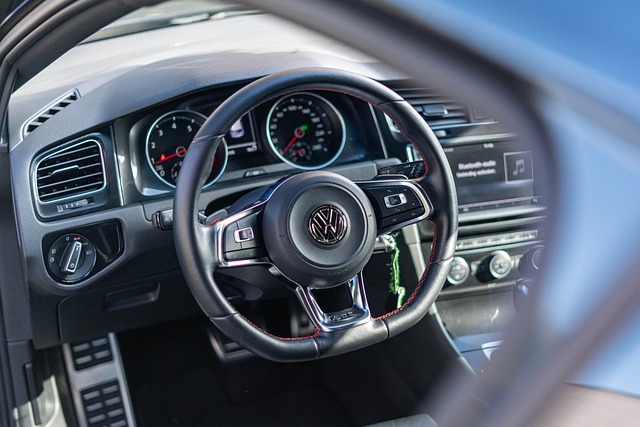“Unraveling the complexities of PCP claims is crucial for every UK driver. This comprehensive guide delves into the intricacies of PCP claims, equipping you with essential knowledge. From understanding PCP claims and their process to maximizing recovery, we navigate the UK’s automotive financial landscape. Discover your rights, responsibilities, and top tips for successful PCP claim management. Whether you’re a seasoned driver or just starting, this article ensures you’re informed in the event of an unexpected vehicle incident.”
- Understanding PCP Claims: A Comprehensive Guide for UK Drivers
- The Process of Making a PCP Claim: Rights and Responsibilities
- Maximising Your Recovery: Tips for Effective PCP Claims in the UK
Understanding PCP Claims: A Comprehensive Guide for UK Drivers

Many UK drivers are unaware of the intricacies of PCP (Personal Contract Purchase) claims, a vital aspect of their car finance journey. When you opt for a PCP deal, it’s not just about the monthly payments and the car’s resale value at the end of the agreement. Understanding what happens if you want to make a claim is crucial. PCP claims can arise due to various reasons, such as damage to the vehicle, theft, or even unexpected changes in your circumstances that affect your ability to continue the lease.
This comprehensive guide aims to demystify the process for UK drivers. Firstly, know that PCP claims are designed to protect both you and the lender. When making a claim, whether it’s for repair or replacement, you’ll need to follow specific steps. This includes documenting all damage or loss, providing evidence, and contacting your finance provider promptly. The UK’s financial regulations ensure fair treatment during this process, so drivers should feel assured that their rights are protected when navigating PCP claims.
The Process of Making a PCP Claim: Rights and Responsibilities

When it comes to making a PCP (Personal Contract Plan) claim in the UK, understanding the process and your rights is essential. The first step is to review your contract and identify any eligible expenses that fall under the terms of your agreement. This could include maintenance, repair, or even replacement costs for your vehicle if covered by your specific plan. Once you’ve verified eligibility, contact your finance provider to inform them about the issue; they will guide you through the necessary steps. It’s crucial to keep records of all communications and any supporting documents related to the claim.
Your responsibilities during this process include providing accurate information and adhering to the deadlines set by your financier. Ensure that all claims are submitted with the required documentation, such as invoices or receipts. The provider will assess the claim and may request further evidence if needed. It’s important to remain proactive in responding to their communications to ensure a smooth claims handling experience.
Maximising Your Recovery: Tips for Effective PCP Claims in the UK

Maximising your recovery after an accident involves understanding and navigating PCP (Personal Injury Protection) claims in the UK. When you’re looking to make a PCP claim, it’s important to act swiftly, as time limits apply. Documenting all expenses related to your injury is crucial; this includes medical bills, lost wages, and any other out-of-pocket costs. Keep receipts and records for these items.
Additionally, be sure to communicate openly with your insurance provider throughout the process. They can guide you on what constitutes a valid PCP claim and help ensure that you’re claiming for all eligible expenses. Remember, the goal is to recover as much as possible to compensate for the physical and financial impact of your accident.
In conclusion, navigating PCP claims in the UK can seem complex but understanding your rights and responsibilities is key. By familiarising yourself with the process and maximising your recovery potential through effective strategies, you can ensure a smoother journey when making a PCP claim. Remember, knowledge is power, especially when it comes to protecting your financial interests following an accident or vehicle damage.
